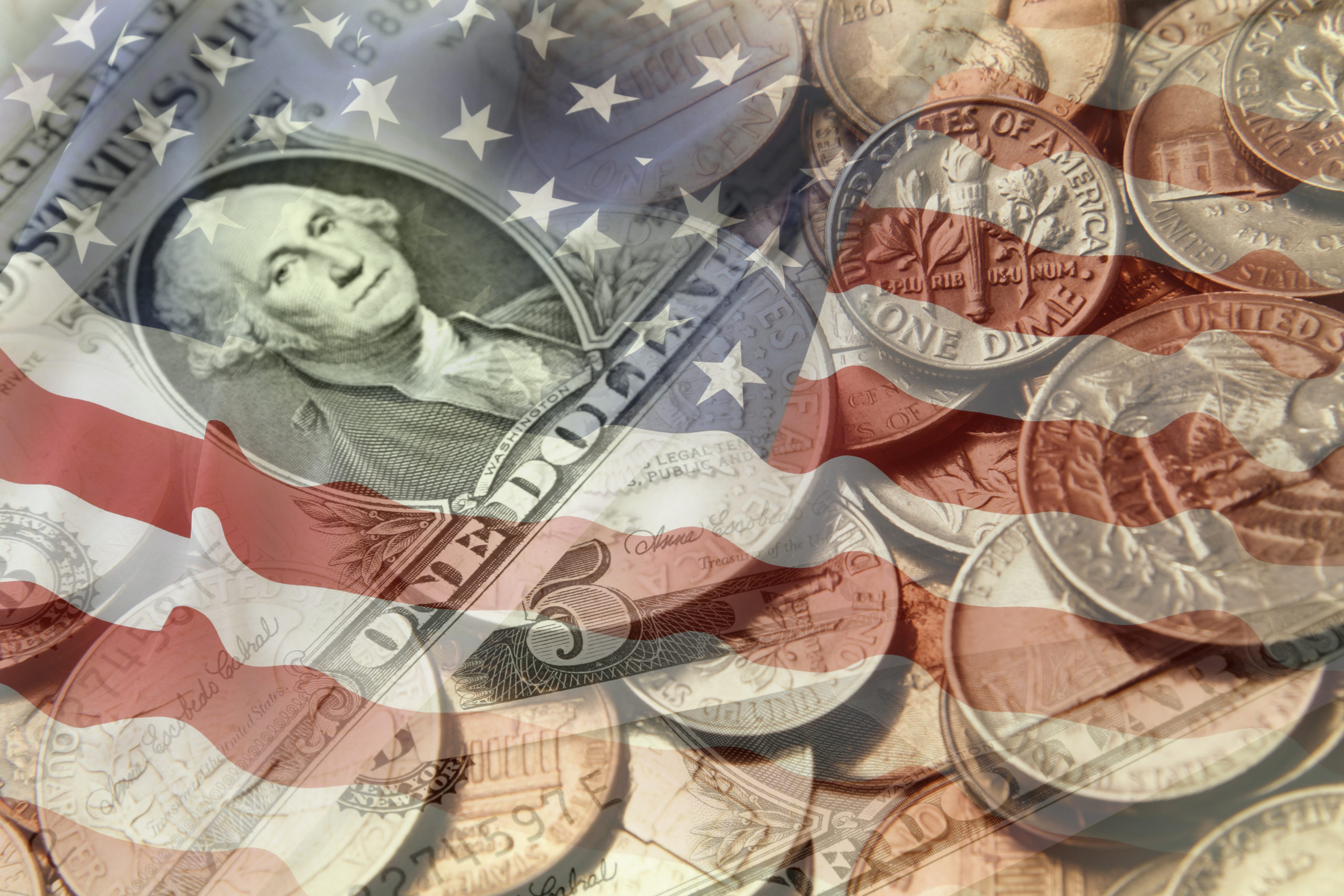Presidents build their economic legacies on one of three types of actions: their reaction to economic crises, the public policy they institute to change the course of the economy, and if their actions’ and policies’ long-term effect on the health and growth of the economy.
By Ned Hill, A One-Handed Economist, and Professor of Public Administration and City & Regional Planning at The Ohio State University’s John Glenn College of Public Affairs, powered by The MPI Group
I received a question from Mark Fullerton regarding an article where the Columbus Dispatch’s Jack Torry quoted me.[1] [Mark is a very thoughtful CEO of a software company in Cincinnati.] The beginning of the article reads as follows:
WASHINGTON — When Barack Obama was inaugurated as president in January of 2009, the economy was losing 600,000 jobs a month, General Motors and Chrysler teetered on the edge of collapse, and 181,000 American soldiers were stationed in Iraq and Afghanistan.
As he [Obama] leaves office next week, the nation’s gross domestic product continues to expand, the stock market has soared to an all-time high, and more than 150 million people are employed.
“He could be one of the best presidents on the economy since Franklin Roosevelt and Kennedy,” said Edward Hill, a professor of public policy at the John Glenn College of Public Affairs at Ohio State University.
“It took courage,” Hill said. “But courage is easy to find when you have no other choice. The other choice was to be the re-incarnation of Herbert Hoover.”
Mark — having done some research of his own — wanted to know if I had been misquoted, as he thinks that Obama was one of the worst presidents on the economy, based on GDP growth rate, federal debt levels, median household income, home ownership, and poverty rate. He asked what data I use to support my assertion that Barack Obama may be one of the best economic presidents since Roosevelt or Kennedy. I, in turn, felt that Mark’s thoughtful note merited a better response than a short email.
While business publications often run pieces assessing a president’s economic legacy at the end of their term, these analyses typically focus on the wrong factors. In general, presidents and governors get both too much credit and too much blame for the overall performance of the economy during their terms. A good deal of the credit or blame should be chalked up to luck and timing, and cannot be connected to specific actions or policies.
Instead, I think Presidents build their economic legacies on one of three types of actions:
- Did the administration face profound economic crises and react well to them?
- Did they institute policies that either seeded or triggered profound economic crises—even if the crisis appears years afterward?
- Most importantly, did the administration positively affect the long-term health and growth of the U.S. economy through their policies and actions? And, is that growth reflected in the improved wellbeing of Americans?
These questions are crucial to analyzing a president’s impact on the economy. Part 2, next week, will examine how Obama stacks up on the above three questions.
[1] http://workplace.dispatch.com/content/stories/local/2017/01/08/foreign-policy-likely-to-mar-obamas-legacy-despite-economy-gains.html
© 2017 powered by The MPI Group

